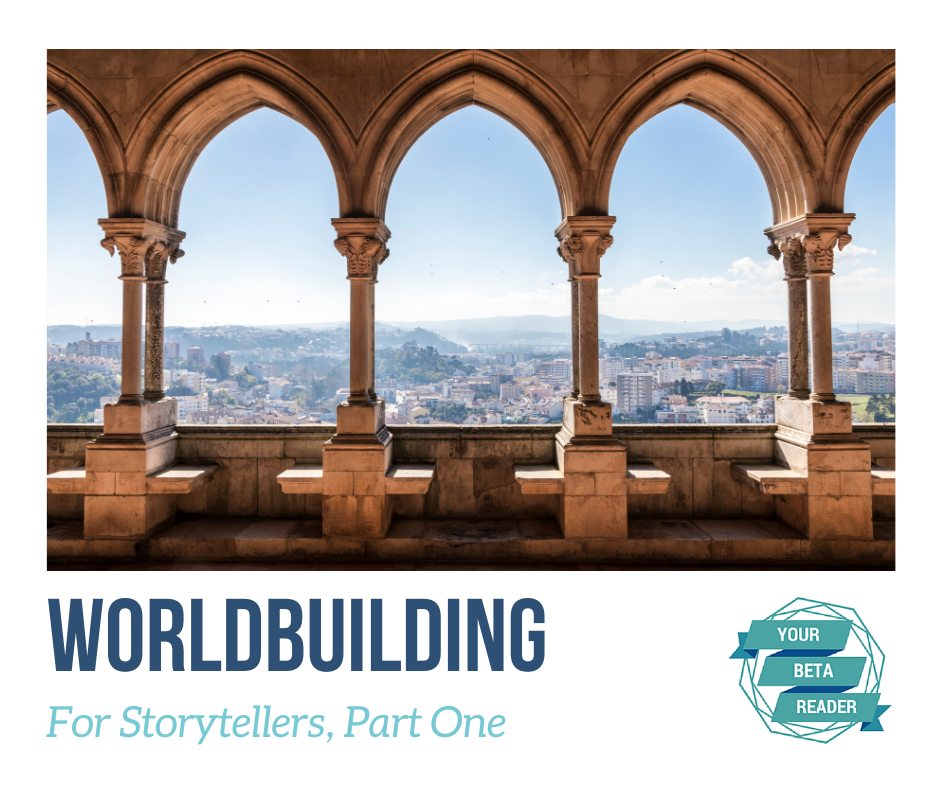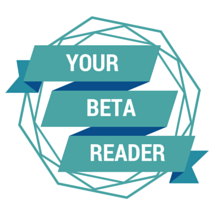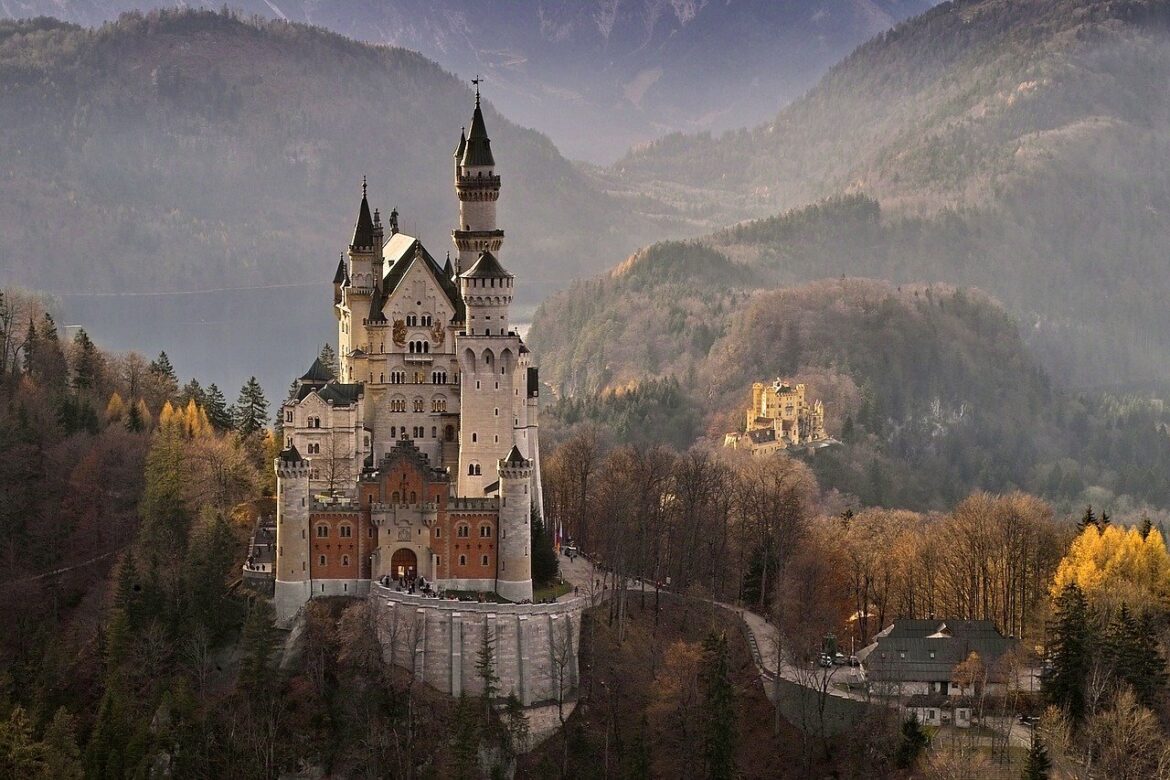
As a writer, “worldbuilding” is a concept you are likely to cross paths with fairly often. There are innumerable articles and videos out there describing excellent ways to do it, and what things are the most important to consider while engaging in it. There are plenty of different methods, classifications, and other rabbit holes you can dive into regarding the process of worldbuilding (and if you have the time/inclination, I encourage you to, it’s fascinating). However, even if the prevailing winds, tectonic plate activity, and past religious wars of your world may not bear any particular interest to you for your story, there are essential questions that are important to ask about the world your characters inhabit that will increase the depth, consistency and believability of your tale.
In this series of posts I will be exploring some of those questions. Ones you may want to ask before you even begin writing, all the way to the ones that are helpful when considering a completed draft. It is my hope that these articles also become an interactive discussion. Please feel free to offer your own input, experience, and ideas in the comments. As we continue I will do my best to answer the questions you pose, and tailor my topics to the discussion points you are most interested in. My opinion is merely that, my own, and I heartily welcome the addition of yours to the conversation.
To begin with, I think it is useful to consider worldbuilding as a tool used in service of storytelling. No matter how good your worldbuilding is, it will never tell a story on its own. While this series will initially be focusing primarily on the world building aspect, these are the three main pillars of storytelling that I like to use as a writer (leave a comment if you have a useful one that you use!): The world, the characters, and the narrative. Expertly crafted, these become at the same time the rock solid pillars holding your story up, and the flexible spider silk with which the web of your story is woven. If any element is too weak, the web will break and the story will crumble, so assess your skills and ambitions; divide your time, resources, and attention accordingly. This leads to one of the first series of questions that I think it is important to ask, which is:
What worldbuilding details are important or relevant to my story?
This is a question you will return to constantly throughout the process of creating your world and writing your story. Do your characters travel? Then the geography and climate of the area may be important, and you may want to create even a vague map for yourself (whether you want to include one in the finished product or not) to keep locations and distances consistent. How much time will pass? Perhaps seasons are important, or how property passes from one generation to another?
There are an infinite number of questions of this sort that you can ask. Every time something happens in your story, there will likely be some sort of impact on the world at large. If you’re a go getter, you may have already asked yourself the question required to know how the world will respond and what elements will be effected, but if not, simply return to this question. Your character goes outside – do you know the weather? Is it important? Have you established a date already? A snowstorm might be the perfect plot device but if you established that it’s summer already that makes it much more difficult.
Some people like to write out their whole story and then go back and create the world around what they want to happen. That’s perfectly valid, but either way, all along the spectrum from worldbuilding first to creating it after the fact, you will at some point have to ask these questions to create a compelling finished product. Once you have decided if a particular element is important to your story, the next series of questions crops up:
Where do my strengths and inclinations lie?
What do you like doing with regards to worldbuilding? What do you have experience with? What are you good at? Is there anything you want to challenge yourself to do or learn? Answering these questions honestly for yourself will lay the foundation on which your world will be built. If you’ve determined that a certain element is important to your story, it’s good to examine whether that is something you are already good at, something you enjoy doing, or something you want to learn about. This question is also good to ask of your relationship between worldbuilding, characters, and narrative. Sometimes your characters just don’t “pop” until you put them in a world you’ve built and then all of a sudden the added context brings them alive. Sometimes your world seems dull until you place a well built character into it to stir things up. Think about what aspects are more useful for you to have in place first so you know how to allocate your resources. Which of course brings us to:
What kind of resources are at my disposal?
How much time do I have to devote to this aspect of my storytelling? What’s my budget? How much does my social network know about this topic? How much research have I done/am I willing to do?
In this internet age, many resources are abundant. But unless you are unnaturally gifted (congrats!), you’ll be subject to the “Trichotomy of Getting Things Done”: Time, Quality, and Cost. Pick two and only two unless you have unreasonable amounts of one. Even if you’re good at something, it will take you time to make sure it is quality. If you want a professional to do it quickly, it will cost more. If you have lots of time, you can learn how to do almost anything for free on the internet. Pay more to take a class and condense that learning into a shorter period of time using proper feedback and guiding principles. When writing you have resources like dictionaries and thesauruses. When worldbuilding you have the limitless bounds of both the internet and your creative mind. There are groups on social media dedicated to the art of worldbuilding where you can ask for advice. There are books you can buy on the subject. You can find specialists, artisans, and consultants across a wide variety of topics and skillsets. Your Beta Reader is a prime example of a resource at your disposal that (even outside of my obvious bias as a beta reader) I highly recommend utilizing.
For me, these three question sets are the cyclical process that drives the foundations of worldbuilding. At any point in the writing process you can and should keep an inquisitive and curious mind about the elements of the world your story inhabits. You can easily determine if at that time the element is important or relevant, whether developing it is a strength or inclination of yours, and what resources are available to aid you. Do you have any favourite worldbuilding resources that you like to use? Drop a link or a shout out in the comments below!

